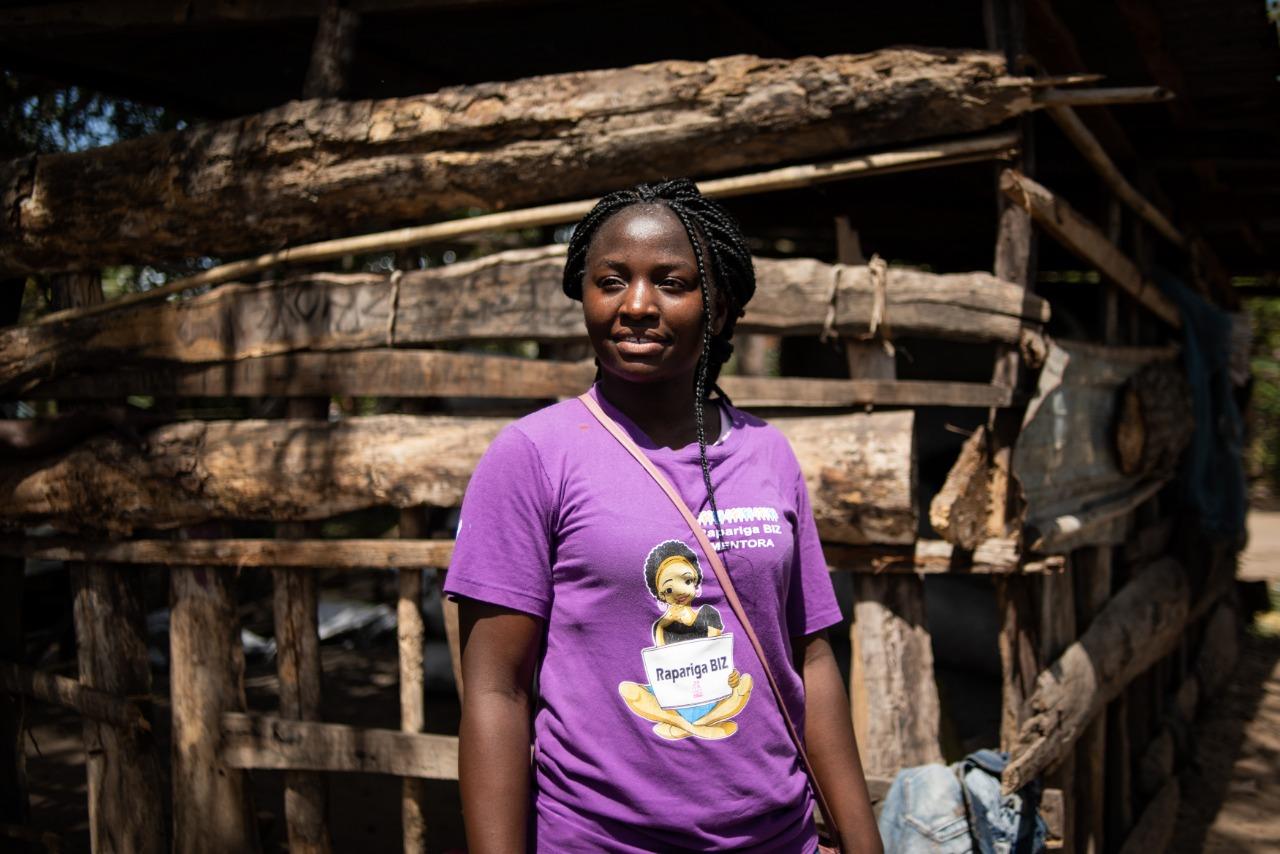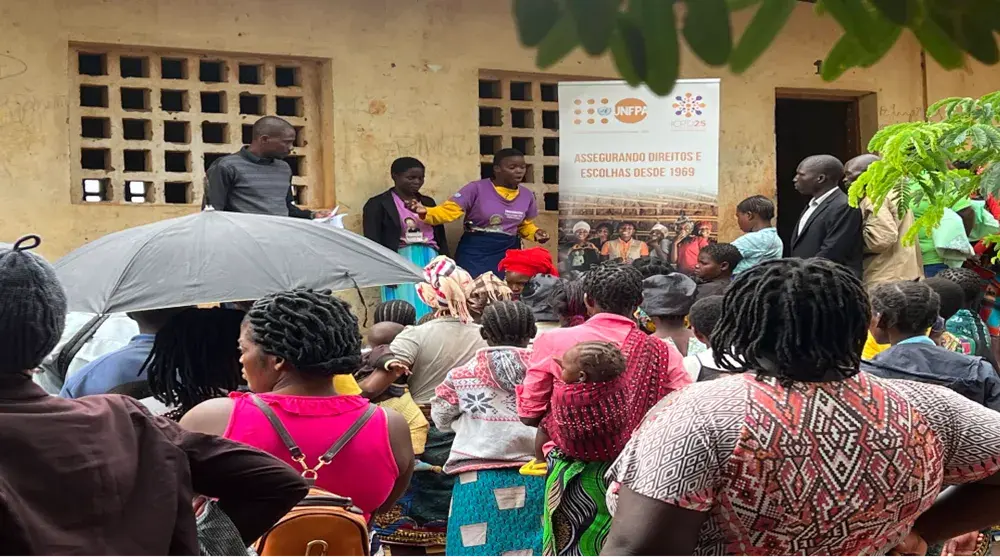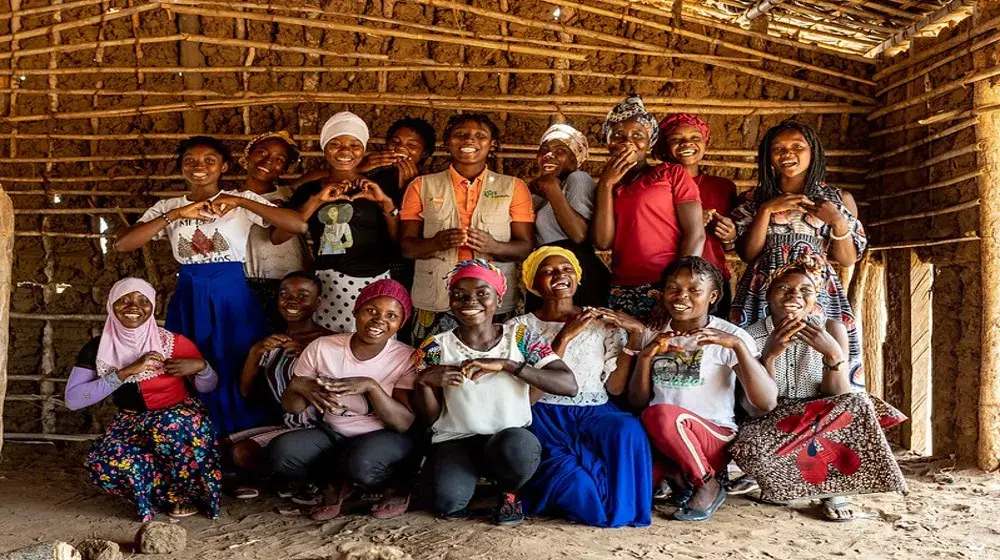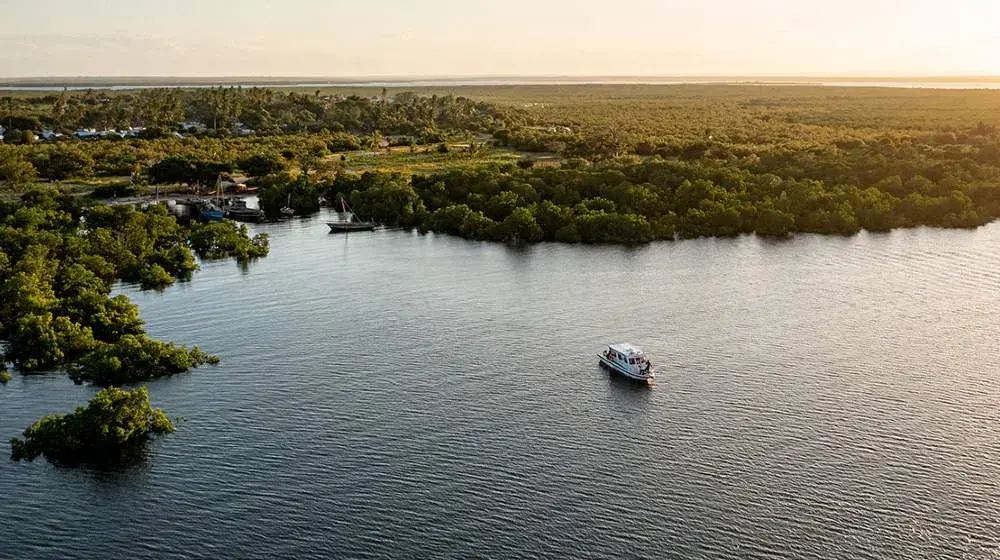The COVID-19 pandemic has impacted and imposed new realities and challenges on us all, particularly on adolescents and youth. Simultaneously, this pandemic has triggered an unprecedented demand for digital health technology solutions and other innovative approaches to share timely, localized, context-specific information in the absence of regular services such as schools and youth-friendly health facilities. Young people, deeply concerned about this reality, have turned into highly effective partners in the COVID-19 efforts, actively expressing their views, proposing cutting-edge solutions, and influencing policy-making.
In Mozambique, UNFPA is working together with youth and embracing innovation, to support the government to contain the COVID-19 outbreak with interventions such as community dialogues, youth radio dialogues, and social media campaigns. Mobile technologies and social media are proving to be vital in responding to the COVID-19 outbreak for a number of reasons, including information sharing to advise and inform the public about prevention, treatment, and follow-up measures. Mozambican youth, supported by UNFPA, are capitalizing on these tools to ensure everyone has timely access to reliable information right at their fingertips.
Dika, a UNFPA-supported Android App, is a great example of this strong movement. Dika was first launched in June 2019 by the Deputy Minister of Youth and Sports, with the main goal to serve as a platform where Mozambican youth could access youth-friendly services and essential information related to their sexual and reproductive rights.
“It is more important than ever to bring young people to the table, to allow them to share their perspectives and ideas. In partnering with the young creators of DIKA, we are able to reach Mozambican youth with messages tailored towards them, in a timely manner, bringing us one step closer to flattening the curve,” shares Andrea M. Wojnar, Resident Representative of UNFPA in Mozambique.
In mid-March, Dika opened a new category in their App, where youth can access reliable and easy-to-read information on COVID-19 characteristics, prevention, treatment, follow up, myths, and more.
“Dika is not immune to COVID-19, and with a new version, we have more informative content about this pandemic. It is the responsibility of DIKA to update its users on the Coronavirus, its symptoms, ways of spreading, preventive measures, as well as possible treatment,” shares Jofre Bamo, DIKA’s CEO. DIKA is working closely with UNFPA and the Ministry of Health to ensure a reliable and steady flow of information on the App, as well as on social media, where they have reached more than 95,000 people with COVID-19 messages.
UNFPA is also supporting Viamo, a social enterprise operating in the field of telecommunications, to operate the 3-2-1 Service, a toll-free, automated information hotline that communicates information through audio using Interactive Voice Response (IVR) technology, which allows anyone, regardless of literacy level, to access the information. Messages have been translated to eight languages including Portuguêse, Makua, Changana, Sena, Ndau, Chope, Makonde, and Chuabo and have the potential to reach more than 10 million people. The messages include details about the virus but also inform youth about their key role in preventing the spread of the virus.
Moreover, UNFPA is taking action to ensure COVID-19 preparedness and response activities take into consideration the specific needs of persons with disabilities, especially girls and women with disabilities. In general, women and young persons with disabilities face barriers in humanitarian emergency settings, particularly barriers created by a lack of accessible information and reasonable accommodations to meet disability-related needs. In a global consultation carried out in 2015 by Handicap International with persons with disabilities, disabled people's organisations (DPOs) and humanitarian actors, just 24% of the 769 respondents noted that they received ‘adequate information in a crisis context,’ even though more than half (55%) noted the importance of ‘obtaining accessible information on the availability of services or during the provision of services’.
To address these barriers, UNFPA partnered with TVSurdo, a Mozambican NGO of young persons with disabilities, specialized in production and dissemination of accessible, youth- and disability-friendly content.
TV Surdo’s expertise on inclusion and disability issues, as well as their wide knowledge of disability actors, puts them in a unique position in Mozambique where the majority of information is disseminated without considering accessibility and inclusion matters. With the support of UNFPA, TVSurdo is producing accessible videos that include clear messages, subtitles, and sign language, to spread key information for pregnant women, survivors of gender based violence, and youth.
“Information is the biggest medicine. Therefore, if the measures for prevention and response to Coronavirus ignore people with disabilities, their effectiveness is certainly called into question. To stop the spread of COVID 19, TVSurdo is producing materials that can be accessed by everyone,” shares Mr. Sousa Camanguira, Advocacy Manager of TVSurdo, through a Sign Language Interpreter.
The videos produced by TVSurdo will be broadcasted in the two main television channels of the SOICO group (Stv and Stv News), TVM and TIM, and shared on online platforms including WhatsApp, Facebook, YouTube, Twitter and Mailchimp.
In the following months, UNFPA will continue capitalizing on technology and innovation to ensure our messages and services reach Mozambican youth in the context of COVID-19. Most importantly, UNFPA believes in the power of youth-led and driven content, and will continue investing in partnerships to support organizations led by young people who are demonstrating their immense skill and capacity to design and develop tools and platforms that reach all audiences with crucial, life-saving information.





